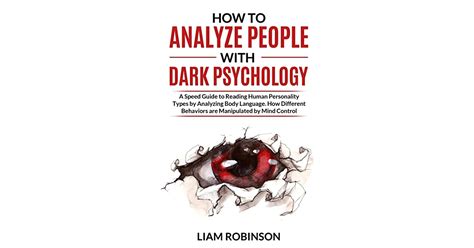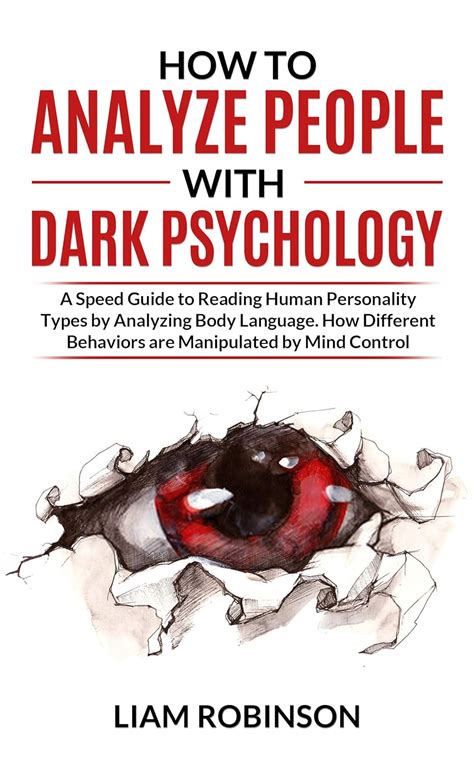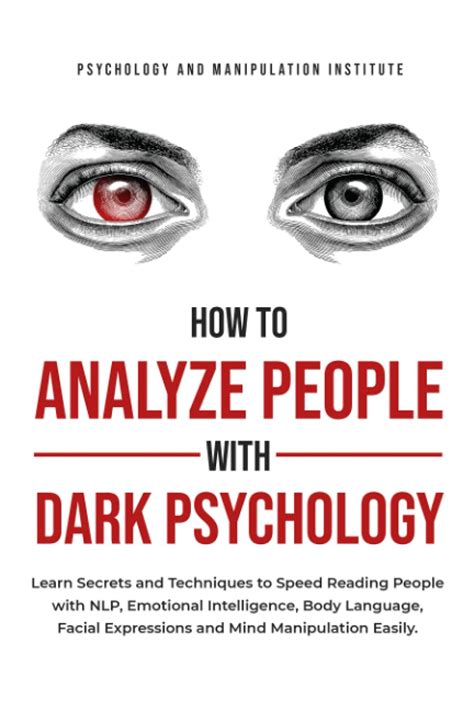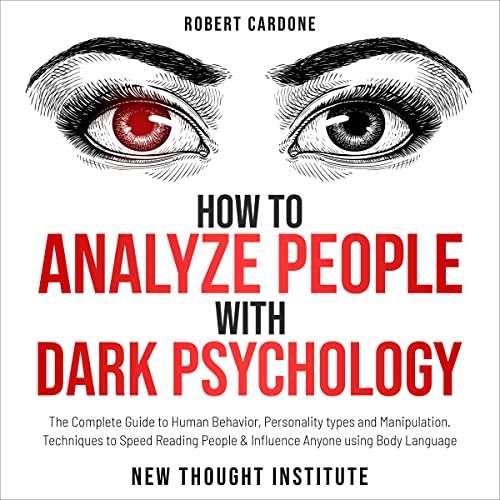In the realm of emotional intelligence, the concept of a “dark empath” presents a unique challenge. A dark empath is an individual who possesses a high degree of empathy but uses this ability manipulatively. Unlike the traditional understanding of empathy as purely positive, dark empaths can harness their emotional insight for self-serving or harmful purposes. This article delves into the characteristics and psychological profile of a dark empath, exploring how their behaviors can impact relationships. By understanding the warning signs and developing strategies for protection, you can better navigate interactions with such individuals and strengthen your own emotional intelligence.
Discover more about this topic with rosawblog.com in detail.
1. Definition and Characteristics of a Dark Empath
A dark empath is someone who combines the ability to understand and connect with others’ emotions with a propensity for manipulative and self-serving behavior. Unlike traditional empaths, who use their emotional sensitivity to help and support others, dark empaths leverage their understanding of emotions to influence, control, or deceive those around them.
The key characteristics of a dark empath include heightened emotional awareness, charm, and an ability to read and anticipate others’ needs and reactions. However, instead of using these traits for positive interactions, they often exploit them for personal gain. They can appear caring and considerate, masking their true intentions under the guise of empathy. This makes them particularly adept at manipulating social situations and relationships, often leaving their targets feeling confused or powerless.
The blend of empathy and manipulative tendencies sets dark empaths apart, making them more challenging to identify and confront. Understanding these traits is crucial in recognizing and protecting oneself from the subtle, often covert, influence they wield.

2. Psychological Profile
The psychological profile of a dark empath reveals a complex and often contradictory nature. At their core, dark empaths possess a high level of emotional intelligence, which allows them to understand and resonate with the feelings of others. However, unlike traditional empaths who use this ability for compassionate purposes, dark empaths have a darker side that drives them to manipulate and control those around them.
Dark empaths typically exhibit traits associated with narcissism, Machiavellianism, or even psychopathy, but these are masked by their empathetic abilities. Their empathy is often selective, used strategically to gain trust and influence others while advancing their own interests. This duality makes them particularly dangerous, as they can easily blend into social situations, appearing genuinely caring and supportive.
Additionally, dark empaths often have a strong need for power and control, which they achieve through emotional manipulation rather than overt aggression. They are skilled at reading social cues and exploiting vulnerabilities, making their targets feel understood and valued before subtly turning the situation to their advantage. This combination of emotional insight and manipulative tendencies creates a psychological profile that is both intriguing and unsettling, posing a significant challenge in interpersonal dynamics.

3. Manipulative Behaviors
Dark empaths excel at manipulative behaviors that exploit their deep understanding of emotions. They often use empathy as a tool to gain trust and establish control over others. One common tactic is emotional mirroring, where they reflect the feelings and behaviors of those around them to create a sense of connection and familiarity. This technique makes their targets feel understood and comfortable, lowering their defenses.
Another manipulative behavior is guilt-tripping, where dark empaths subtly make others feel responsible for their emotions or actions. By playing on feelings of guilt or obligation, they can influence decisions and behavior without overt coercion.
Dark empaths also use charm and flattery to manipulate, offering praise or attention strategically to gain favor or sway opinions. They are skilled at identifying and exploiting weaknesses, using these insights to control or manipulate situations to their advantage. These behaviors are often subtle and insidious, making it difficult for others to recognize they are being manipulated until significant emotional damage has occurred.

4. Impact on Relationships
The impact of a dark empath on relationships can be profound and damaging. Their ability to connect emotionally while simultaneously manipulating others creates a toxic dynamic that can erode trust and undermine the stability of any relationship. Initially, a dark empath may appear deeply caring and attentive, fostering a strong emotional bond with their partner, friend, or colleague. However, over time, the manipulative aspects of their personality begin to surface.
In romantic relationships, a dark empath might use their partner’s vulnerabilities against them, subtly shifting the balance of power in their favor. This can lead to a cycle of dependency, where the partner feels emotionally tied yet increasingly insecure and controlled. In friendships, dark empaths may foster an environment of competition or jealousy, playing on insecurities to maintain a position of dominance.
In professional settings, dark empaths can create a divisive atmosphere by manipulating colleagues or subordinates, undermining teamwork, and sowing discord. The emotional toll on those involved is significant, often leading to feelings of confusion, self-doubt, and decreased self-esteem. Over time, the sustained manipulation can cause lasting emotional and psychological harm, making it crucial to recognize and address these behaviors early on.
5. Detection and Warning Signs
Detecting a dark empath can be challenging due to their ability to mask manipulative behaviors with apparent empathy and charm. However, certain warning signs can help identify their true nature. One key indicator is inconsistency between their words and actions. A dark empath may express deep concern or understanding but fail to follow through with genuine support, revealing a disconnect between their outward empathy and true intentions.
Another red flag is the presence of subtle manipulation tactics, such as gaslighting, guilt-tripping, or emotional mirroring. These behaviors are often cloaked in seemingly caring gestures, making them difficult to spot initially. If you notice that interactions with this person often leave you feeling confused, insecure, or doubting your own perceptions, it could be a sign of their manipulative influence.
Pay attention to patterns of behavior, particularly how they respond to others’ vulnerabilities. If they consistently exploit weaknesses or use sensitive information to gain an advantage, they may be a dark empath. Recognizing these warning signs is crucial in protecting yourself from their manipulativ
6. Coping and Protection Strategies
Coping with a dark empath requires a combination of awareness, boundary-setting, and self-protection strategies. The first step is recognizing the manipulative behaviors and understanding the impact they have on your emotional well-being. Once you identify the presence of a dark empath in your life, it’s essential to establish firm boundaries. Clearly communicate your limits and avoid sharing personal vulnerabilities that could be exploited.
Developing emotional resilience is another critical strategy. Strengthen your self-esteem and confidence so that you’re less susceptible to the dark empath’s tactics. Surround yourself with supportive and trustworthy individuals who can offer perspective and encouragement when dealing with manipulative behaviors.
It’s also important to trust your instincts. If interactions consistently leave you feeling drained, confused, or manipulated, take these feelings seriously. Create distance, both emotionally and physically, from the dark empath whenever possible.
In situations where distancing is not feasible, such as in a work environment, practice assertive communication. Stay calm and composed, and avoid getting drawn into emotional confrontations. Seek support from others who understand the dynamics at play, and consider professional help if the relationship is causing significant emotional distress. These strategies can help protect your emotional well-being and reduce the influence of a dark empath in your life.
7. Role in Emotional Intelligence Development
Understanding the role of a dark empath in emotional intelligence development provides valuable insights into both the potential and pitfalls of emotional awareness. Dark empaths exemplify how empathy can be used both positively and manipulatively. Their ability to deeply understand and influence others’ emotions underscores the power of emotional intelligence. However, their actions also highlight the ethical boundaries and responsibilities that come with this skill.
Studying dark empaths can enhance your emotional intelligence by illustrating the complexities of empathetic interactions. It teaches the importance of discerning genuine empathy from manipulative behavior and reinforces the need for ethical considerations in emotional practices. By recognizing how dark empaths use their emotional insight for self-serving purposes, you can learn to apply your own emotional intelligence in healthier, more constructive ways.
This awareness also encourages the development of critical self-reflection and ethical empathy. It prompts you to examine how your own emotional skills are utilized and to ensure that your interactions remain supportive and positive. Understanding these dynamics not only helps in managing relationships with dark empaths but also strengthens your overall emotional intelligence and integrity.
Navigating interactions with a dark empath requires vigilance and a strong sense of self-protection. By understanding their characteristics, manipulative behaviors, and impact on relationships, you can better recognize and address their influence. Employing strategies to maintain boundaries and emotional resilience will help safeguard your well-being. Ultimately, this awareness not only aids in dealing with dark empaths but also enriches your overall emotional intelligence and ethical interactions.
rosawblog.com
